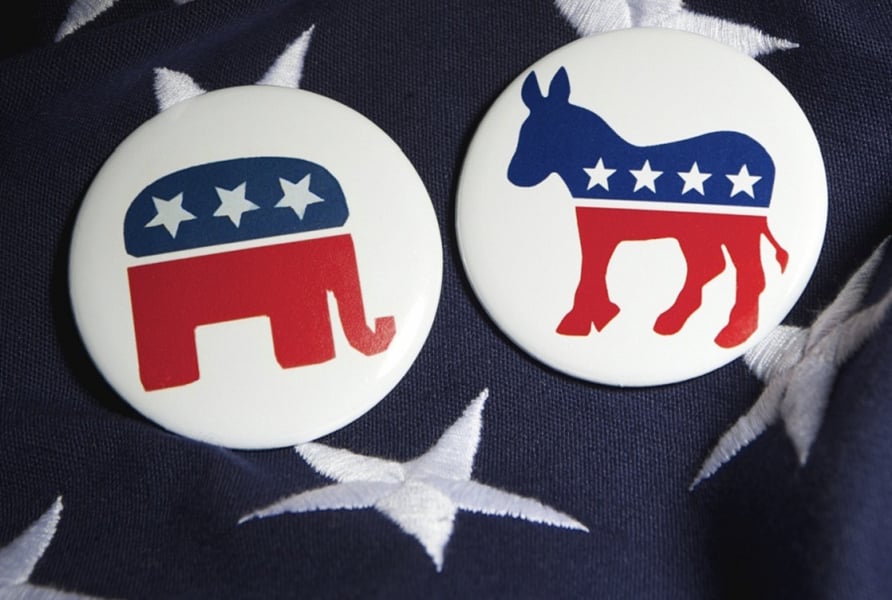

A recent survey by Empower reveals that half of Americans believe the outcome of the 2024 Presidential election will have a direct impact on their personal finances.
The findings, from the “The Ticket: Money and Politics” study conducted by Morning Consult, surveyed 2,200 adults in July 2024 and highlight the financial concerns voters are tying to the upcoming election.
The report suggests the November 5 vote will be a consequential one, with more Americans in the survey paying attention to the Presidential race (67 percent) than the stock market (33 percent). All in all, 50 percent of respondents believe the election will influence their financial situation.
Twenty-four percent of Americans think the election winner could determine whether they “become rich or not,” a belief more prevalent among middle-income earners. Among respondents earning $50,000 to $100,000 annually, that number rises to 27 percent, compared to 22 percent in lower-income households and 23 percent of higher earners.
“The adage is that 'all politics is local'—and when it comes to money, it hits very close to home,” said Rebecca Rickert, head of communications at Empower. “From their retirement timeline to their account balances, people feel there is a lot riding on the outcome of the election in terms of their own financial happiness.”
Thirty-three percent of Americans believe the election will directly influence their "wallet power" – their ability to spend, save, and invest – with many expecting it to shrink depending on the winner. One-third (34 percent) of respondents said the election could derail their retirement timeline, with Millennials and Gen Z reporting the highest concerns about delayed retirement.
Concerns over inflation and affordability are also widespread. Forty-two percent of participants expect the next president to address inflation, with 47 percent of men and 38 percent of women anticipating efforts to bring down prices. Furthermore, 33 percent believe the election will make it either easier or harder to reach their financial goals, such as buying a home—something 42 percent of Millennials feel strongly about.
In response to these concerns, 41 percent of Americans plan to ramp up their emergency savings based on the election outcome, while 45 percent say they will reduce spending. Millennials, in particular, are expected to make notable financial adjustments, with 34 percent planning to alter their investment portfolios and 27 percent considering pulling out of the stock market.

Canadian stocks are on a roll in 2025 as the country prepares to name a new Prime Minister.

Two C-level leaders reveal the new time-saving tools they've implemented and what advisors are doing with their newly freed-up hours.

The RIA led by Merrill Lynch veteran John Thiel is helping its advisors take part in the growing trend toward fee-based annuities.

Driven by robust transaction activity amid market turbulence and increased focus on billion-dollar plus targets, Echelon Partners expects another all-time high in 2025.

The looming threat of federal funding cuts to state and local governments has lawmakers weighing a levy that was phased out in 1981.
RIAs face rising regulatory pressure in 2025. Forward-looking firms are responding with embedded technology, not more paperwork.
As inheritances are set to reshape client portfolios and next-gen heirs demand digital-first experiences, firms are retooling their wealth tech stacks and succession models in real time.
